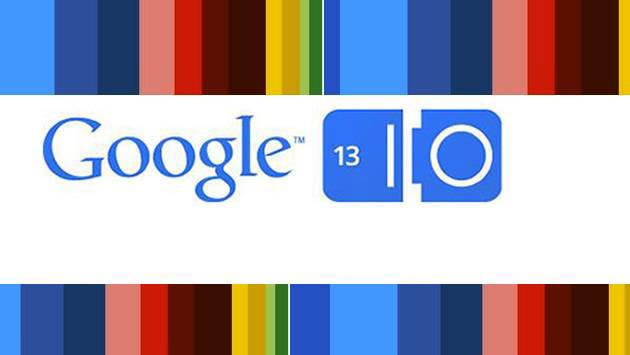Segue’s Lead Android Developer, Mark Andrachek Jr. is attending the Google I/O conference and reporting back on his experience.

Day 2 was, and Day 3 will be, very developer focused. Unlike previous years, there was only a keynote address on the first day, and as such there were, and will be, no major announcements. I attended sessions like Cognitive Science and Design which detailed the science that informs the design Google has put into place with Holo (the Android theme), Android Graphics Performance which showed how to use tools provided by Google to enhance UI performance in your applications (as well as some hints about what might be coming in the next, un-numbered, un-named, totally hypothetical release of Android to improve overall UI performance) and Google Cloud Messaging which explained the implementation of the updates to GCM (which supports up to 40,000 queries per second using the new persistent XMPP connection) as well as how to implement it in our own code. The day was capped off with a great “Fireside Chat” with the Android Team, where they took questions from the crowd. I encourage anyone doing Android development to check out the sessions on YouTube – even attending in person there’s only a small portion of the conference that any one person can see.
I also attended a post I/O event yesterday evening sponsored by Avocado, where Jake Wharton of Square (and ActionBarSherlock fame) walked us through coding with testability in mind, and some of the tools that Square uses to do both unit and instrumentation testing, including the open source libraries and tools that Square has spear-headed to assist in this such as fest-android (which provides Android specific extensions to the FEST library), Spoon (an instrumentation test runner), and Dagger, a code-generating, super-fast dependency injection framework.